Archival Research Visitor Programme - ESDC
Archival Research Visitor Programme
To increase the scientific return from its space science missions, ESA welcomes applications from scientists interested in pursuing research based on publicly available data in the ESA Space Science Archives. The Archives host data from all current and past ESA space science missions in astronomy, planetary science, and heliophysics.
The ESA Archival Research Visitor Programme is open to scientists at all career levels who are affiliated with institutes in ESA Member States and Collaborating States, although we will also consider strong applications from outside those states. Early-career scientists (within 10 years of the PhD) are particularly encouraged to apply, including PhD students (see below). We encourage applications from women and minorities. The peer-review evaluation process is anonymised to ensure equal opportunities for all applicants.
Residence lasts typically between one and three months, also distributed over multiple visits, depending on the complexity of the research project. The research projects can be carried out at ESAC (Madrid, Spain) and at ESTEC (Noordwijk, Netherlands). To offset the expenses incurred by visitors, ESA covers travel costs from and to the home institution and provides support for lodging expenses and meals.
During their stay, visiting scientists have the opportunity to interact with archive and mission specialists for questions on the retrieval, calibration, and analysis of archival data. In principle, all areas of space research covered by ESA science missions can be supported. To ensure that technical expertise in the specific area of interest is available at ESAC or ESTEC, applicants should consult the table of expertise and contact the relevant scientists in their field of interest (this is very important). In case of doubts, write to the programme coordinators for assistance at arvp@cosmos.esa.int.
The next deadline for applications is 30 April 2025, 23:59 UTC
Call for applications
Applications can be submitted at any time by sending email to arvp@cosmos.esa.int. The email should contain a single PDF document of at most three pages detailing:
- description of the goals of the research project
- public archival data on which help is sought
- which type of expertise you expect to gain
- proposed time and duration of the visit
- expected publications
- contact information
Please keep it short (max 3 pages) and follow the simple template provided here. Note that this is just a template, you can use the font type and size that you prefer (not smaller than 10), but please do not exceed three pages. You must indicate the (expected) year of your PhD.
To prevent unconscious biases, your name, email address, and other contact information (on the third page) will not be visible to reviewers. To help in the process, you must write your application in an "anonymous" way, i.e. do not identify yourself in the text. For instance, do not mention the name of your institute or collaborators in the scientific description of the project (page 1 and 2) and when you are referring to one of your papers, do not write "I have shown that ... (Author Name, 2023, Journal, 954, 125)", but rather write "It has been shown that ... (Author Name, 2023, Journal, 954, 125)". If you identify yourself, the application will not be considered.
We encourage you to contact us if you have any questions about the data that could support your research project. You will find the names of our experts in the various science areas in the table of expertise below. Or write to the programme coordinators for assistance at arvp@cosmos.esa.int.
We welcome proposals by graduate students. The proposals can be submitted by the students themselves or in collaboration with their supervisors. If you are a student and would like to visit ESA to learn more about doing science with archival data, make sure that you coordinate and agree your research project with your supervisor. Mention this in the application, but omit the name of the supervisor, otherwise the application is not anonymous.
Deadlines
Applications can be submitted at any time and are reviewed twice a year, with deadlines usually on 30 April and 31 October. The results of the review will be communicated to applicants within about two months of the deadlines. Applicants are encouraged to contact the ESA scientists or the programme coordinators well ahead of the deadlines in order to discuss their research plans.
Applications received before 1 November 2024 will be considered for visits in spring and summer 2025.
Accommodation
Visitors are responsible for finding their own accommodation. To limit the costs of the programme, we advise visitors to search online booking platforms such as Booking.com, Travelocity, Orbitz, and AirBnB, all of which offer options for extended stays. Visitors staying in Madrid are advised to look for accommodations near the Moncloa station for easier commute to ESAC with some direct bus services in the morning and evening. At ESTEC, visitors will have very frequent bus services throughout the day to anywhere in Leiden and Noordwijk.
Reimbursement of expenses
ESA reimburses travel costs from and to the home institution as well as lodging costs (with a limit of 100 euro/night, when possible). It also provides a stipend of 50 Euro/day for meals and incidental expenditures, such as local transportation. Airplane or train tickets will be reimbursed upon arrival. The lodging costs and stipend are normally transferred every month, after presenting a hotel bill or reservation. No receipts are needed for meals or local transportation. All reimbursements occur via bank transfer and visitors will be asked to provide their account information before arriving.
Computing equipment
We assume that visitors will use their own laptop computers and we will provide credentials to access the ESA wireless networks (eduroam accounts can also be used). Some Linux workstations equipped with standard data-analysis software (e.g. IDL, Matlab, ArcGIS, ENVI) are also available. If the research project requires more powerful desktop computers, specific software packages, or access to the ESA grid, the needs must be described in the application in order for arrangements to be made ahead of time.
Deliverables
Visitors are expected to illustrate their project in a presentation to the ESA Science Faculty during their residence. At the end of their stay, visitors must provide a report on the advancement of their research, highlighting the role played by ESA data and any problems encountered (follow this simple template to prepare your report and send it by email to arvp@cosmos.esa.int). Visitors are requested to acknowledge support from the ESA Archival Research Visitor Programme in any resulting publications. Please add a sentence to the acknowledgement section of your paper stating that you "received support from the ESA Archival Research Visitor Programme". We also encourage visitors to share with the community via the ESA Space Science Archives any higher-level science products obtained through their research projects, such as catalogues, time series, combined spectra or images, software routines, models, etc.
Visa requirements
No visa is required for citizens of European Union countries or of ESA Member States when travelling to ESAC or ESTEC. This also applies to UK nationals for visits of up to 90 days. Citizens of other countries are responsible for arranging the necessary visa documents, when applicable.
The following table lists the type of expertise that ESA mission scientists and archive scientists can offer. It is important to contact them before submitting an application. If in doubt on whom to contact, write to the programme coordinators for assistance at arvp@cosmos.esa.int.
You can sort the table by Mission, Name, or Site by clicking on the corresponding column headers. To send email to people click on their names.
| Mission ⇵ | Instrument | Areas | Name ⇵ | Site ⇵ |
|---|---|---|---|---|
| Akari | FIS | Eva Verdugo | ESAC | |
| Bepi Colombo | data analysis, PDS4 standards | Mark Bentley | ESAC | |
| Chandrayaan-1 | SIR-2 | visible/Near-IR spectroscopy | Sebastien Besse | ESAC |
| CHEOPS | Exoplanets, Stellar Flares, Cool Stars, Habitability, Bayesian Statistics, Machine Learning, Time Series Analysis | Max Günther | ESTEC | |
| CHEOPS | Transiting exoplanet characterisation, Transit Timing Variations, signal processing, machine learning | Bruno Merin | ESAC | |
| Cluster | space plasma data | Arnaud Masson | ESAC | |
| Cluster | RAPID, PEACE, EDI | time series analysis of plasma/energetic electrons and ions | Cecil Tranquille | ESAC |
| Cluster | analysis of in situ particles and fields data (solar wind, magnetospheres) | Andrew Walsh | ESAC | |
| Cluster | plasma and fields data (polar cusp, magnetopause, magnetosheath) | Philippe Escoubet | ESTEC | |
| Cluster | data analysis, fields and waves | Helen Middelton | ESAC | |
| CoRoT | Transiting exoplanet characterisation, signal processing, machine learning | Bruno Merin | ESAC | |
| Double Star | space plasma data | Arnaud Masson | ESAC | |
| Double Star | analysis of in situ particles and fields data (solar wind, magnetospheres) | Andrew Walsh | ESAC | |
| Double Star | plasma and fields data (polar cusp, magnetopause, magnetosheath) | Philippe Escoubet | ESTEC | |
| ESASky | Data mining, visualisation, python tools, imaging, spectroscopy, photometry | Deborah Baines | ESAC | |
| ESASky | Data mining, visualisation | Elena Racero | ESAC | |
| Euclid | Cosmology, Bayesian inference, data science, Python tools | Guadalupe Canas Herrera | ESTEC | |
| Euclid | VIS, NISP | Imaging, photometry, multi-wavelength analysis | Rachana Bhatawdekar | ESAC |
| ExoMars TGO | CaSSIS | planetary remote sensing, geospatial data analysis | Elliot Sefton-Nash | ESTEC |
| ExoMars TGO | atmosphere remote sensing | Colin Wilson | ESTEC | |
| Gaia | astrometry, photometry, spectroscopy, astrophysical parameters | Jos de Bruijne | ESTEC | |
| Gaia | data mining, archive, python tools | Deborah Baines | ESAC | |
| Gaia | data mining, archive | Elena Racero | ESAC | |
| Gaia | astrometry, data mining, photometry, astrophysical parameters, archive, Python tools | Hector Canovas | ESAC | |
| Gaia | Young stars, Protoplanetary disks, Debris disks, transiting exoplanets, machine learning | Bruno Merin | ESAC | |
| Gaia | Astrometry, binary/multiple stars, exoplanets | Johannes Sahlmann | ESAC | |
| Herschel | imaging, spectroscopy, multiwavelength analysis | Ivan Valtchanov | ESAC | |
| Herschel | PACS, SPIRE | photometry and large surveys | Bruno Altieri | ESAC |
| Herschel | imaging, spectroscopy | Pedro Garcia-Lario | ESAC | |
| Herschel | HIFI | Eva Verdugo | ESAC | |
| Herschel | HIFI | radio and sub-mm high resolution spectroscopy | David Teyssier | ESAC |
| Herschel | data mining, archive | Elena Racero | ESAC | |
| Herschel | PACS, SPIRE | Young stars, Protoplanetary disks, Debris disks, machine learning | Bruno Merin | ESAC |
| Hinode | EIS | remote sensing, spectroscopy, plasma composition | Andy To | ESTEC |
| Hinode | EIS | spectroscopy, plasma dynamics | David Williams | ESAC |
| Hipparcos | astrometry, photometry | Jos de Bruijne | ESTEC | |
| Hipparcos | Astrometric timeseries | Johannes Sahlmann | ESAC | |
| HST | all | imaging, photometry | Guido De Marchi | ESTEC |
| HST | imaging, photometry, multi wavelength analysis | Rachana Bhatawdekar | ESAC | |
| HST | STIS | spectroscopy, dust abundances | Marjorie Decleir | STScI |
| HST | data mining, archive, python tools | Deborah Baines | ESAC | |
| HST | Young stars, Protoplanetary disks, Debris disks, transiting exoplanets, machine learning | Bruno Merin | ESAC | |
| HST | Astrometry | Johannes Sahlmann | ESAC | |
| Huygens | radio-science, plasma instruments, radiation data, housekeeping data | Olivier Witasse | ESTEC | |
| Integral | spectroscopy, time series | Erik Kuulkers | ESTEC | |
| Integral | spectroscopy, time series | Peter Kretschmar | ESAC | |
| Integral | spectroscopy, time series, multi-wavelength analysis | Celia Sanchez | ESAC | |
| Integral | spectroscopy, time series | Victoria Grinberg | ESTEC | |
| Integral | imaging, spectroscopy, timing | Jari Kajava | ESAC | |
| ISEE3 | DFH | time series analysis of solar X-ray data | Cecil Tranquille | ESAC |
| ISO | ISOPHOT | Eva Verdugo | ESAC | |
| ISO | SWS/LWS | spectroscopy | Pedro Garcia-Lario | ESAC |
| JWST | NIRCam, NIRSpec | imaging, photometry, multi-object spectroscopy | Guido De Marchi | ESTEC |
| JWST | NIRCam, NIRISS, NIRSpec | imaging, photometry, multi wavelength analysis | Rachana Bhatawdekar | ESAC |
| JWST | Astrometry | Johannes Sahlmann | ESAC | |
| JWST | MIRI | spectroscopy, dust extinction | Marjorie Decleir | STScI |
| Lisa PathFinder | all | Luis Mendes | ESAC | |
| Mars Express | radio-science, plasma instruments, radiation data, housekeeping data | Olivier Witasse | ESTEC | |
| Mars Express | HRSC | planetary remote sensing, geospatial data analysis | Elliot Sefton-Nash | ESTEC |
| Mars Express | OMEGA | visible/near-IR spectroscopy | Sebastien Besse | ESAC |
| Mars Express | surface and atmosphere remote sensing, visible/infrared spectroscopy | Alejandro Cardesin | ESAC | |
| Planck | LFI, HFI | radio and sub-millimeter point sources | Marcos Lopez Caniego | ESAC |
| Rosetta | OSIRIS, NAVCAMS, MIRO | Michael Kueppers | ESAC | |
| Rosetta | MIDAS | dust detectors, data analysis, PDS4 standards | Mark Bentley | ESAC |
| Rosetta | radio-science, plasma instruments, radiation data, housekeeping data | Olivier Witasse | ESTEC | |
| Rosetta | OSIRIS, NAVCAM, VIRTIS | morphology, visible/near-IR spectroscopy | Sebastien Besse | ESAC |
| SMART-1 | AMIE, SIR | morphology, visible/near-IR spectroscopy | Sebastien Besse | ESAC |
| SOHO | space plasma data | Arnaud Masson | ESAC | |
| SOHO | data analysis (remote-sensing), data visualisation | Daniel Müller | ESTEC | |
| SOHO | CDS, EIT | spectroscopy, plasma dynamics, photometry | David Williams | ESAC |
| Solar Orbiter | data analysis (remote-sensing), data visualisation | Daniel Müller | ESTEC | |
| Solar Orbiter | analysis of in situ particles and fields data (solar wind, magnetospheres) | Andrew Walsh | ESAC | |
| Solar Orbiter | analysis of in situ particles and fields data (solar wind, magnetospheres) | Yannis Zouganelis | ESAC | |
| Solar Orbiter | remote sensing, plasma dynamics | Chris Nelson | ESTEC | |
| Solar Orbiter | Remote-Sensing (esp SPICE, EUI), In situ, solar/space plasma data | Miho Janvier | ESTEC | |
| Solar Orbiter | EUI+ | Multi-wavelength, plasma dynamics, simulations, machine learning, Radio and mm-observations | Henrik Eklund | ESTEC |
| Solar Orbiter | Analysis of solar energetic particles and solar wind data | Laura Rodriguez Garcia | ESAC | |
| SWARM | space plasma data | Arnaud Masson | ESAC | |
| Ulysses | space plasma data | Arnaud Masson | ESAC | |
| Ulysses | COSPIN, GRB | time series analysis of plasma/energetic electrons and ions | Cecil Tranquille | ESAC |
| Venus Express | radio-science, plasma instruments, radiation data, housekeeping data | Olivier Witasse | ESTEC | |
| Venus Express | atmosphere remote sensing | Colin Wilson | ESTEC | |
| Venus Express | VIRTIS | surface and atmosphere remote sensing, visible/infrared spectroscopy | Alejandro Cardesin | ESAC |
| XMM-Newton | RGS | high-resolution spectroscopy | Jan-Uwe Ness | ESAC |
| XMM-Newton | spectroscopy, time series, imaging | Matteo Guainazzi | ESTEC | |
| XMM-Newton | imaging, spectroscopy, multiwavelength analysis | Ivan Valtchanov | ESAC | |
| XMM-Newton | imaging, spectroscopy, multiwavelength analysis | Matthias Ehle | ESAC | |
| XMM-Newton | OM | Eva Verdugo | ESAC | |
| XMM-Newton | imaging, spectroscopy, timing | Felix Fürst | ESAC | |
| XMM-Newton | all | imaging, spectroscopy | Maria Santos-Lleo | ESAC |
| XMM-Newton | EPIC, OM | imaging, spectroscopy, timing, catalogue sources, selection functions, upper-limits | Richard Saxton | ESAC |
| XMM-Newton | imaging, spectroscopy | Jacobo Ebrero | ESAC | |
| XMM-Newton | spectroscopy (also high resolution), timing | Victoria Grinberg | ESTEC | |
| XMM-Newton | EPIC | imaging, spectroscopy, timing | Jari Kajava | ESAC |
| XMM-Newton | EPIC, RGS | spectroscopy, data analysis, binaries, neutron stars | Camille Diez | ESAC |
past announcements
[15 January 2025] The review of the proposals for the eighth cycle of the Archival Research Visitor Programme is complete. We are happy to welcome the following visiting scientists, who were selected by an independent committee and will join ESA in the spring and summer of 2025 to pursue their scientific research using data in the ESA Space Science Archives.

[3 July 2024] The review of the proposals for the seventh cycle of the Archival Research Visitor Programme is complete. We are happy to welcome the following visiting scientists, who were selected by an independent committee and will join ESA in autumn and winter 2024/2025 to pursue their scientific research using data in the ESA Space Science Archives.

[15 January 2024] The review of the proposals for the sixth cycle of the Archival Research Visitor Programme is complete. We are happy to welcome the following visiting scientists, who were selected by an independent committee and will join ESA in spring and summer 2024 to pursue their scientific research using data in the ESA Space Science Archives.

[4 July 2023] The review of the proposals for the fifth cycle of the Archival Research Visitor Programme is complete. We are happy to welcome the following visiting scientists, who were selected by an independent committee and will join ESA in autumn and winter 2023/2024 to pursue their scientific research using data in the ESA Space Science Archives.

[16 January 2023] The review of the proposals for the fourth cycle of the Archival Research Visitor Programme is complete. We are happy to welcome the following visiting scientists, who were selected by an independent committee and will join ESA in spring and summer 2023 to pursue their scientific research using data in the ESA Space Science Archives.

[6 July 2022] The review of the proposals for the third cycle of the Archival Research Visitor Programme is complete. We are happy to welcome the following visiting scientists, who were selected by an independent committee and will join ESA in autumn and winter 2022/2023 to pursue their scientific research using data in the ESA Space Science Archives.

[10 January 2022] The review of the proposals for the second cycle of the Archival Research Visitor Programme is complete. We are happy to welcome the following visiting scientists, who were selected by an independent committee and will join ESA in spring and summer 2022 to pursue their scientific research using data in the ESA Space Science Archives.

[2 July 2021] The review of the proposals for the first cycle of the Archival Research Visitor Programme is complete. We are happy to welcome the following visiting scientists, who were selected by an independent committee and will join ESA to pursue their scientific research using data in the ESA Space Science Archives.

- Removed a total of (1) style text-align:center;
- Removed a total of (3) style margin:0;
- Removed a total of (4) style display:none;
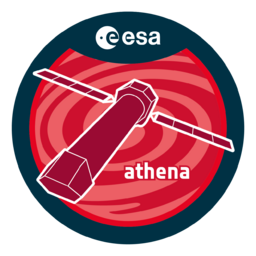
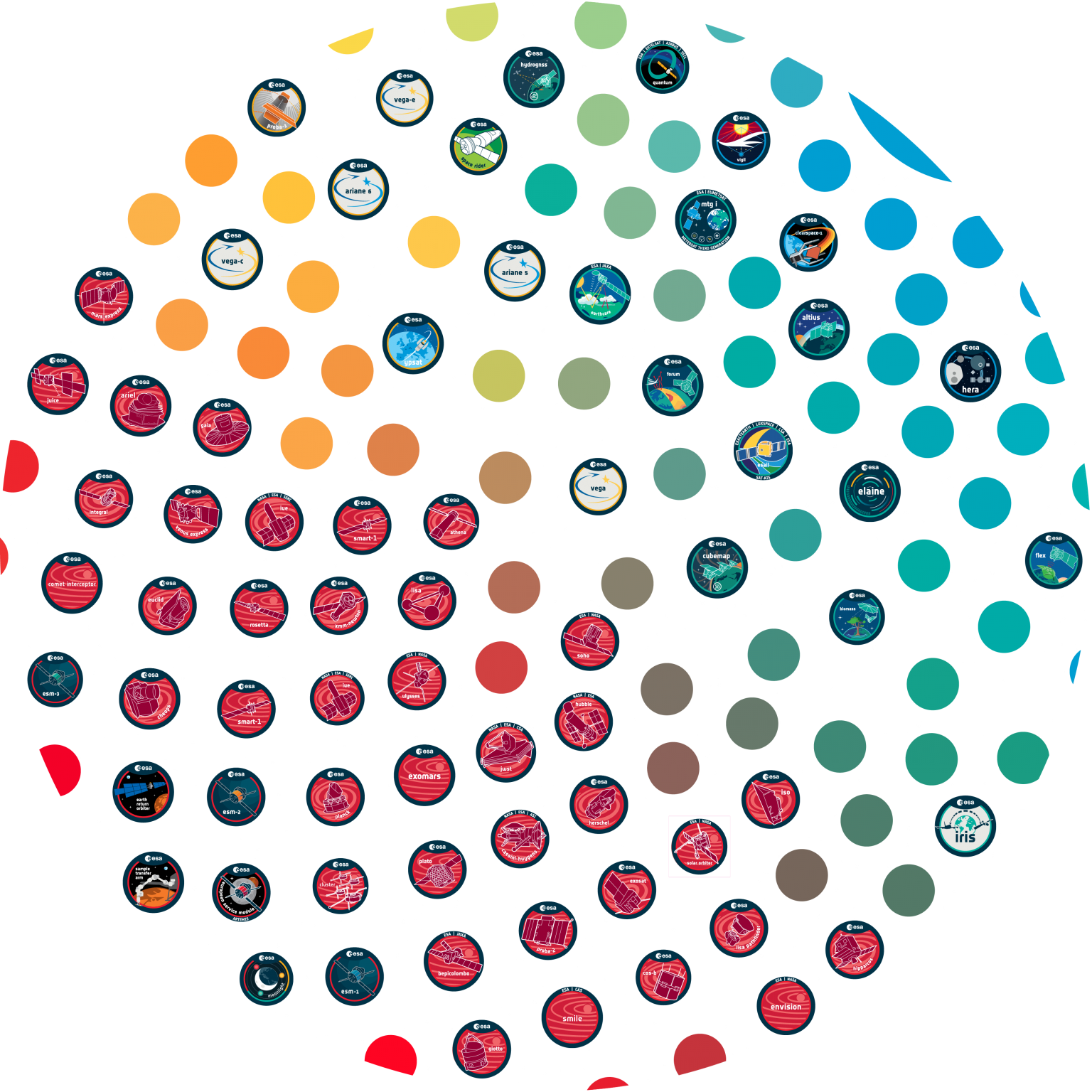
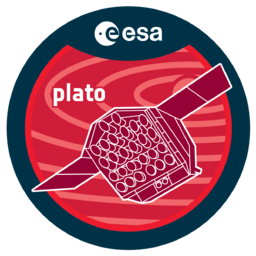
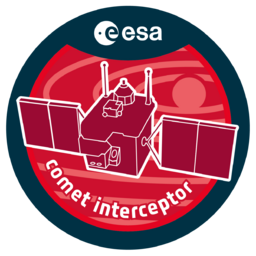

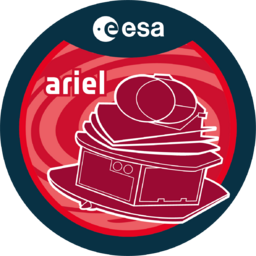
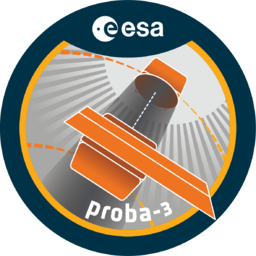
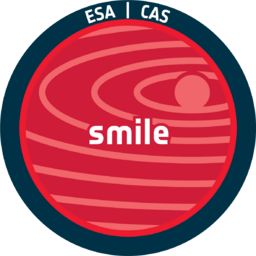
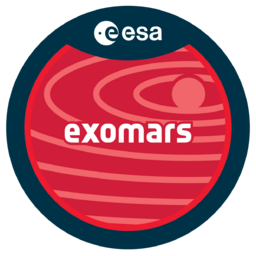
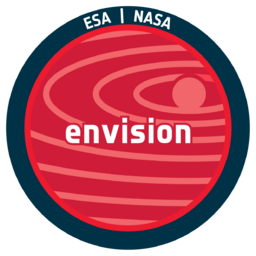
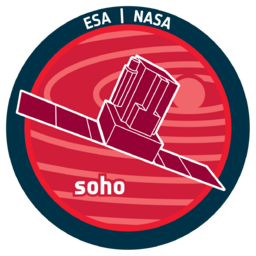
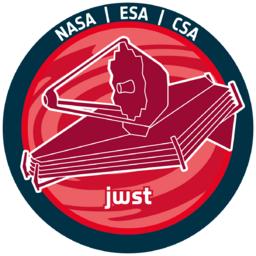
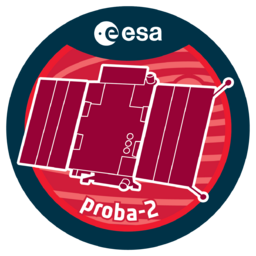
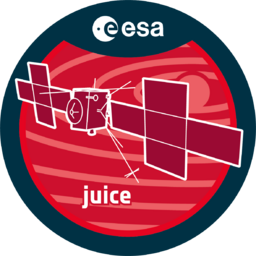
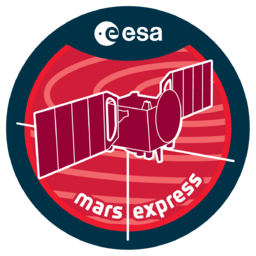
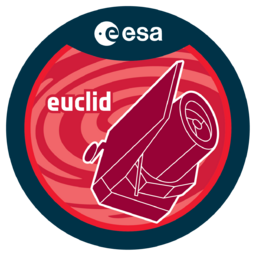
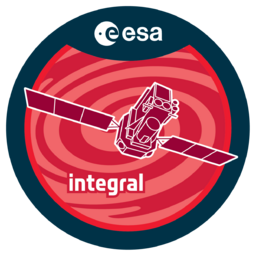
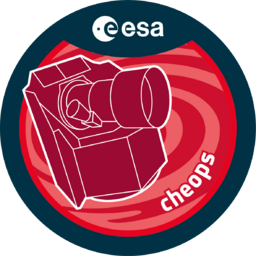
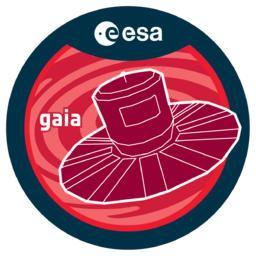
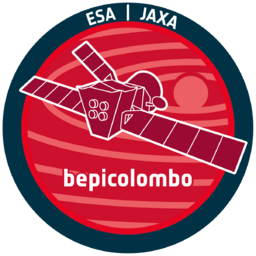
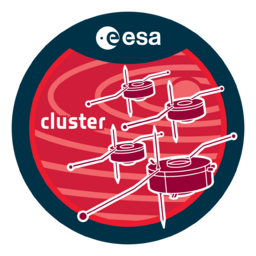
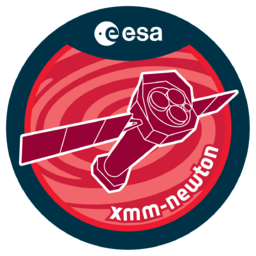
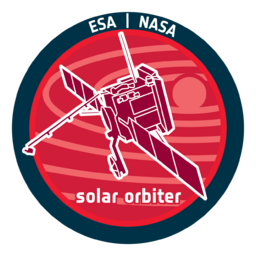
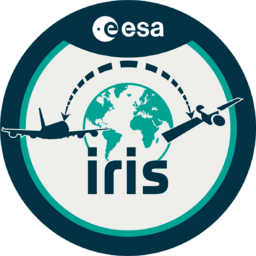
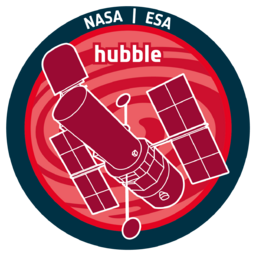
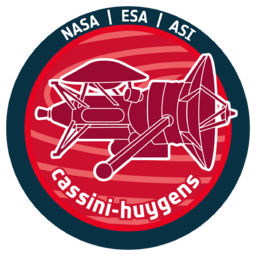
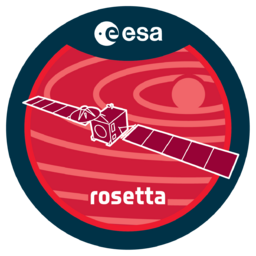
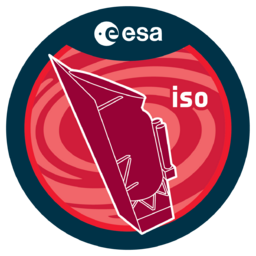

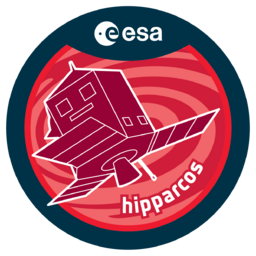
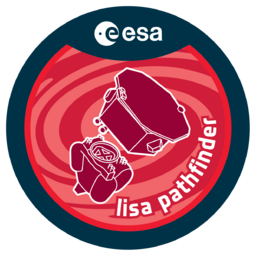
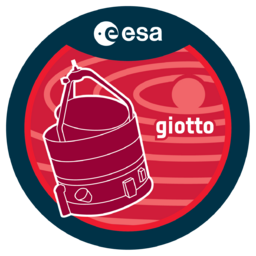
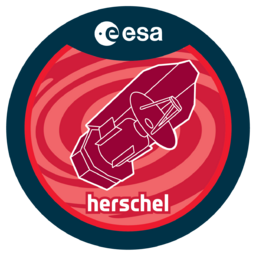
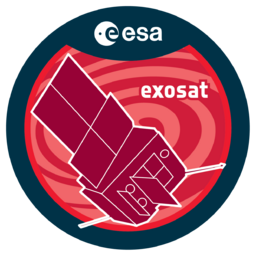
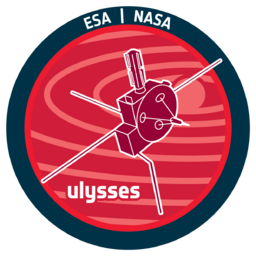
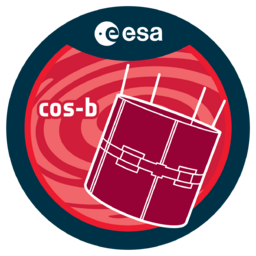
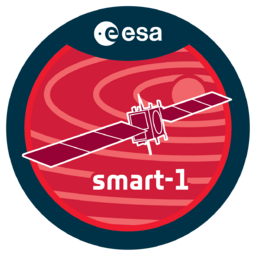
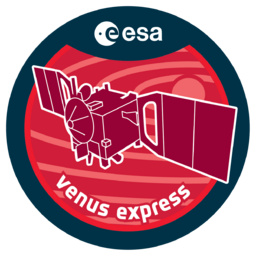
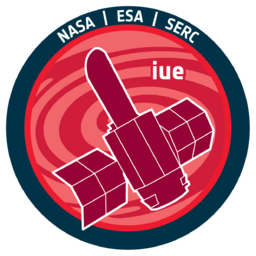

 Sign in
Sign in
 Science & Technology
Science & Technology